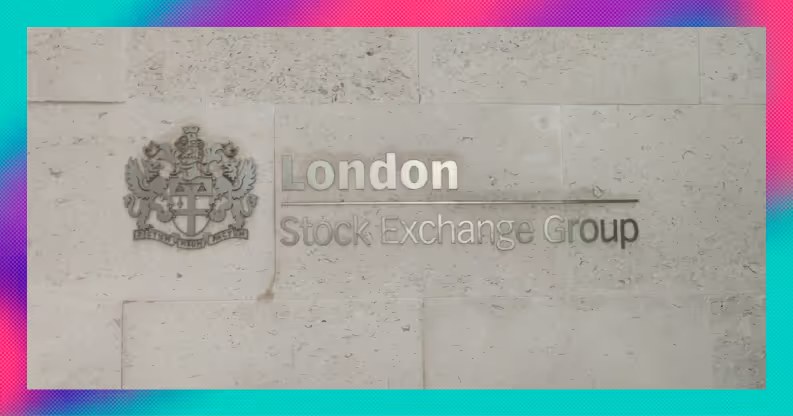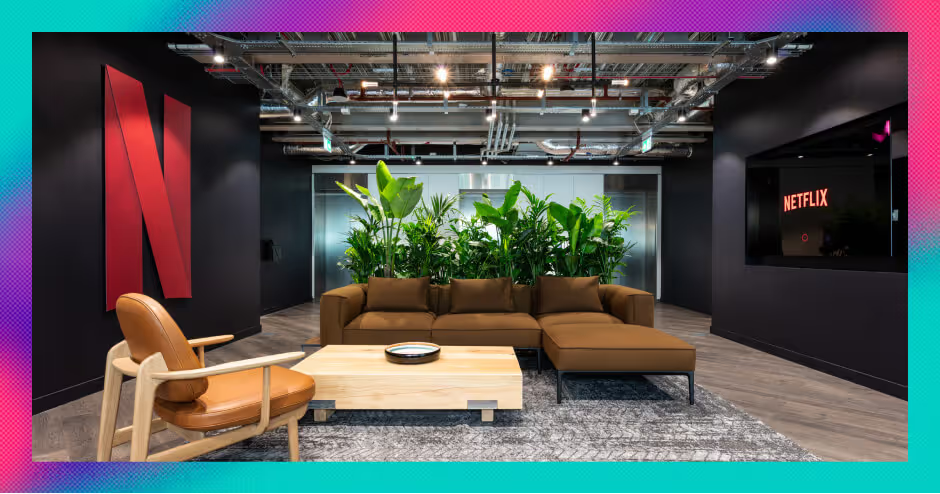Interest rates have scared tech investors.
And, on the face of it, it’s a fairly reasonable concern. If tech is as overvalued as a lot of commentators say, the sector could be ripe for a sell-off if investors can find decent returns on cash or bonds and don’t fancy the added equity risk.
Despite the rationale though, there are a lot of moving parts in that train of thought.
Even if rates in the UK move from 0.1% to 0.25% it doesn’t mean cash will suddenly give shares a run for their money.
Throw in the Chancellor’s expectations of 4% inflation in 2022 and holding too much cash will be a surefire way to lose purchasing power, at least for now.
But it’s the tech valuation argument that looks a bit more interesting. The sudden rush to anything Silicon Valley-related in 2020 certainly boosted share prices in the sector. But it’s increasingly lazy to say the whole spectrum of key players is overvalued.
If we’re genuinely concerned about the case for tech from here, we need to get a handle on those valuations and stop lumping the big firms in with each other.
Price without earnings. Like a fish without a bicycle.
Let’s get back to basics. Price-to-earnings (PE) ratios tell us exactly that. What the price of a stock is compared to the earnings under the bonnet.
There can be wild swings in a company’s PE valuation over the short term, due to investors falling in love with the firm and forgetting it needs to make money, or hating it despite it regularly churning out profits. We’re a tremendously fickle species.
That tends to even out over the long term as emotion is replaced by a track record of earnings in the eyes of the market.
So, given the importance of tech companies over the pandemic, it’s maybe not a surprise to see their share prices run up the page. But high prices only tell us one side of the ratio.
Read more:
Sign up to Honey, our free (and fun) market newsletter
‘Made in China’ has changed. You should too.
Stockhold syndrome
Unfortunately that’s where a lot of investors stop and run for the hills or blindly buy in even more.
We have to remember to look at the earnings to see if those prices are built on sand or bricks.
Recently, doing that throws up the suggestion that some tech firms probably aren’t as overvalued as we think.
Apple had an incredibly strong Q2 and Meta’s (still can’t get used to that) Q3 earnings-per-share beat estimates even if revenues were slightly softer. Just two examples but, for perspective, Apple’s forward PE sat at around 25 at the end of September, Meta’s sat at 22, according to Refinitiv data. Tesla’s was 137.
That means investors would have had to stump up $22 for each dollar of profit at Meta, and $137 for each buck at Tesla. That’s quite the difference and especially relevant as investors are dishing out the same valuation arguments for any firm remotely near a line of code.
FAANG valuations are diverging. Fast.
PEs are especially useful to compare companies in the same sector - it helps give investors a common denominator. When we do this, we can see how the tech pack is splitting, valuations-wise.
Alongside Apple (forward PE:25) and Meta (22), the only other FAANG in the 20s was Google-owner Alphabet at around 26. Netflix sat on a punchy 49 and Amazon topped it with 52.
That investors would need to pay double for a dollar of profit in Amazon compared to Alphabet should give us pause for thought.
A big part of the growth expectations here are baked into Amazon’s cloud computing division. It already provides over half the firm’s operating profits despite making up just 12% of revenues, so margins are high.
For that valuation to start making sense to a lot of investors though, Amazon Web Services will need to dominate the space even more in years to come.
Change your focus
We could go through each firm on their own merits and what they could possibly bring to the table to justify their prices but that’s not the point here.
Rather, quite simply it’s to say - yes, tech share prices are high after the pandemic boom but earnings are supporting them much more than a lot of us think.
Valuations might still sit within an expensive range for some (above 20) but that gives active investors the chance to choose between them rather than buy a big bag of tech and carry on.
Each will have its own growth trajectory from here and it’s time to be more selective than ever in the space. Arguably the easy money of buying anything related to working from home is over.
Whether you think some of these companies are still firmly in growth mode or are set to mature into a lower-growth, more stable earnings phase will help you form your own expectations.
And remember, valuations are just a tool. Going solely by ratios might have put investors off Microsoft years ago. Our recent write-up on how it has stood the test of time shows how much of a mistake that would have been.
Diversify, diversify, diversify
A last point to make here is maybe an obvious one but one worth reiterating nonetheless.
After last year it’s likely we’re heavier on tech than ever. It’s understandable but it means a shock to the sector could hit us hard.
The odd bump in the tech road, like in early 2021, saw US investors jump out of the NASDAQ and into cheap UK stocks. It can happen in a flash and no-one rings a bell to tell you a crowded trade suddenly isn’t popular anymore.
That’s why investing shouldn’t be about judging when to jump ship. Set yourself up well now, examine how exposed you would be to a sectoral jolt and diversify before volatility hits. You won’t have time to change anything when it does.
Take control of your investments by joining our commission-free trading platform. Stop letting share dealing fees and charges eat into your investments when you invest in stocks, ETFs or investment trusts. Download our iOS stock trading app or if you’re an Android user, download our Android stock trading app to get started investing.
This should not be read as personal investment advice and individual investors should make their own decisions or seek independent advice. This article has not been prepared in accordance with legal requirements designed to promote the independence of investment research and is considered a marketing communication.When you invest, your capital is at risk. The value of your portfolio can go down as well as up and you may get back less than you invest. Past performance is not a reliable indicator of future results.Freetrade is a trading name of Freetrade Limited, which is a member firm of the London Stock Exchange and is authorised and regulated by the Financial Conduct Authority. Registered in England and Wales (no. 09797821).

.avif)


.avif)
.avif)



.avif)



